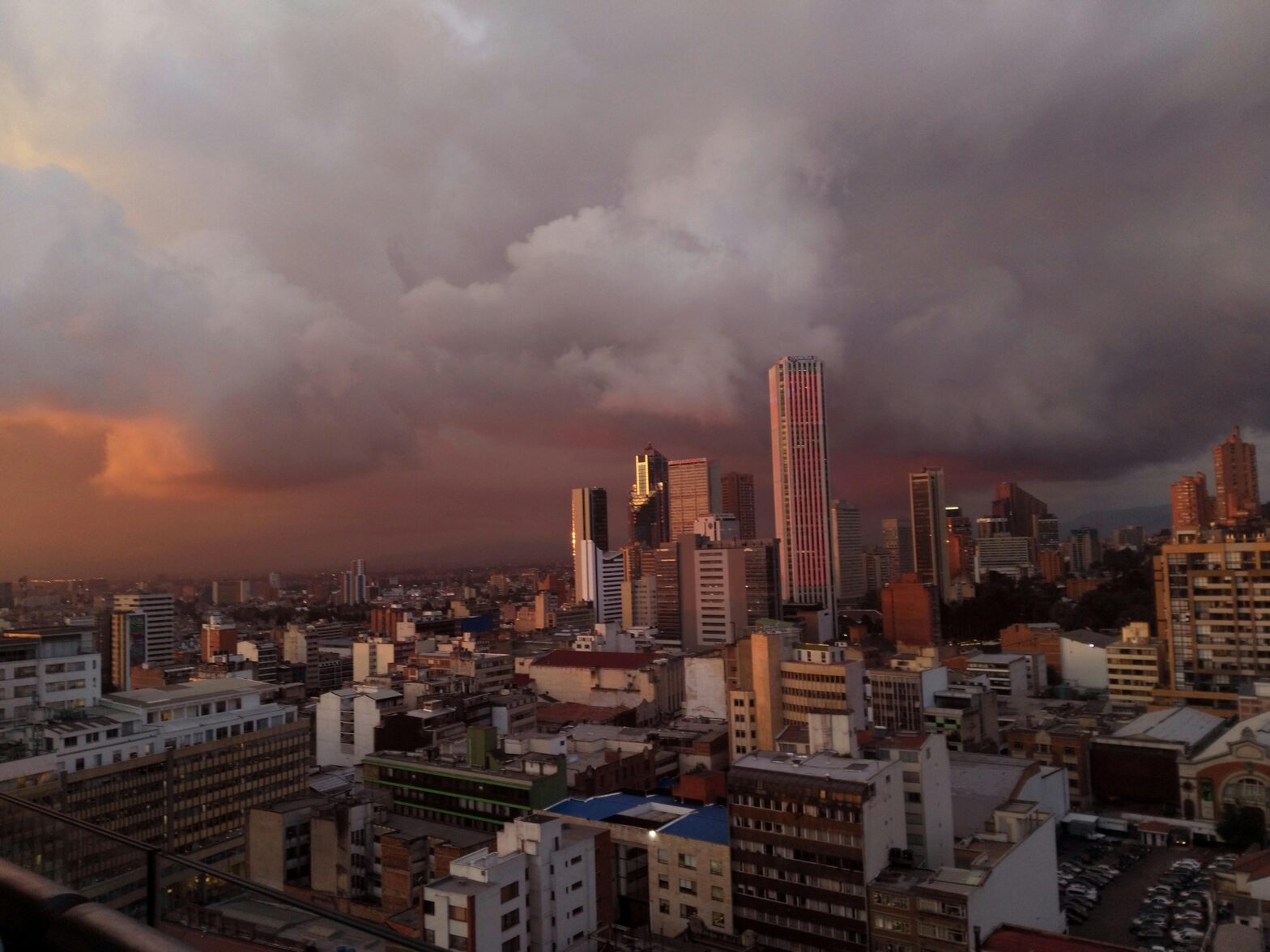Omar Watson, 31, was found dead on February 29. He was kneeling against the bathroom door of the Airbnb he rented for his trip to Bogotá, Colombia. He arrived in the country only days before.
His mother, Hyacinth Watson, didn’t learn of his death until March 1 when the United States Embassy in Bogotá called with the news of Omar’s untimely passing. She told CNN that despite the embassy saying her son’s autopsy would be completed in three months, by late July she still hadn’t been informed about his cause of death.
CNN reported that Ofir Velandia Forero, a prosecutor for the Colombia Attorney General’s Office, said their organization had received Omar’s autopsy results on April 24.
An email from Velandia Forero reportedly disclosed the conclusions. It stated that Omar had a natural death with no evidence of violence or trauma. The specific cause, listed by CNN, was “an interlobular pulmonary thromboembolism associated with right deep vein thrombosis.”
Omar’s mother finally got information about his autopsy in early August, which was relayed by CNN. However, Hyacinth still has questions about her son’s death and the circumstances surrounding it.
Police documentation noted that Omar’s passport was left in the Bogotá apartment on a dresser. Hyacinth claimed his phone, iPad, and wallet were gone. Moreover, she alleged Omar’s suitcase returned to her in New York City in late July with his items – and a petite woman’s clothing.
Regarding Omar’s death, his mother wants to see his toxicology results for herself. She wants to know, “Is there more to the story?” and “Was there anything else in his system?”
What Else Is There To Know About The Omar Watson Case?
Omar lived in Brooklyn with his mother and father. The 31-year-old frequent solo traveler reportedly worked remotely as an online stock trader. His mother recalled that during their last phone conversation, Omar shared that he’d taken medication. He said he’d gotten from a pharmacy in Botogá to treat vomiting and diarrhea. Hyacinth reportedly asked her son over the phone why his breathing was slowed. The mother stated that Omar told her that he was fine.
“I asked him if he wanted me to come and get him. He said, ‘Yes,’ but then he changed his mind,” Hyacinth recounted. “So I said, ‘OK, he’s a young man. Maybe he wants to stay a little while longer and enjoy his visit.'”
The authorities claim the apartment administrator of Omar’s Airbnb was the person who initially found him dead. The rental’s host reportedly hasn’t returned Hyacinth’s efforts to contact them.
Velandia Forero claimed Omar’s case was “archived on April 25 due to atypical conduct,” but didn’t detail what abnormal proceeding occurred. While the Colombian prosecutor shared the details of Omar’s autopsy, the authority denied granting access to the official cause of death report, including the toxicology information.
“There’s not a day that I don’t break down. There’s not a day that goes by that I don’t wish I had taken a flight and gone to see him,” a grieving Hyacinth told CNN in July, reportedly through tears. “I don’t sleep very well at night. I barely eat. My entire life is different. And nobody is telling me how my child died.”
Is Colombia Safe?
The South American country has a rising tourist industry but is considered a “Level 3” risk by the State Department. Americans are advised to “reconsider travel.”
“Violent crime, such as homicide, assault, and armed robbery, is widespread,” notes the U.S. government’s summary of Colombia. “Organized criminal activities, such as extortion, robbery, and kidnapping, are common in some areas.”





